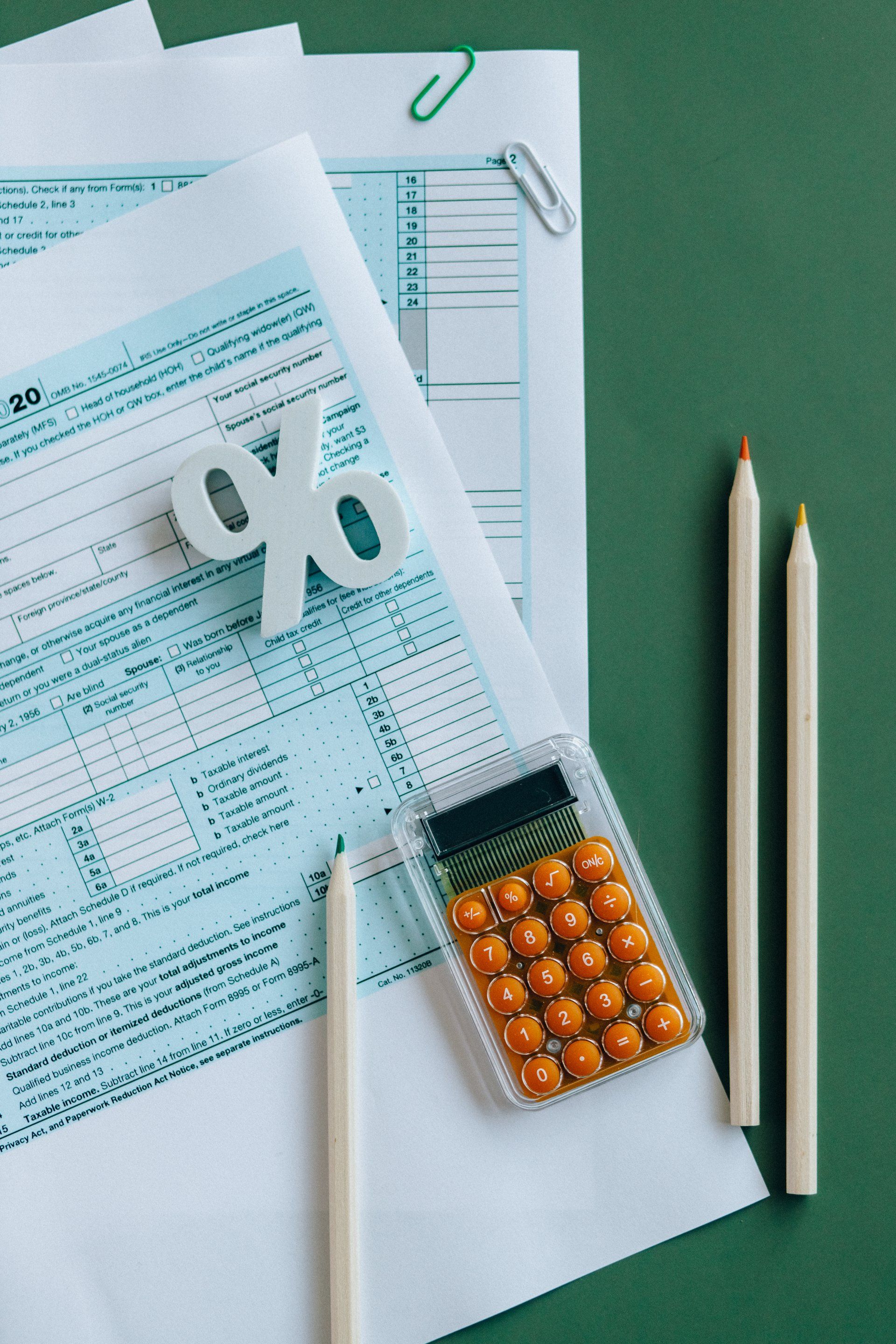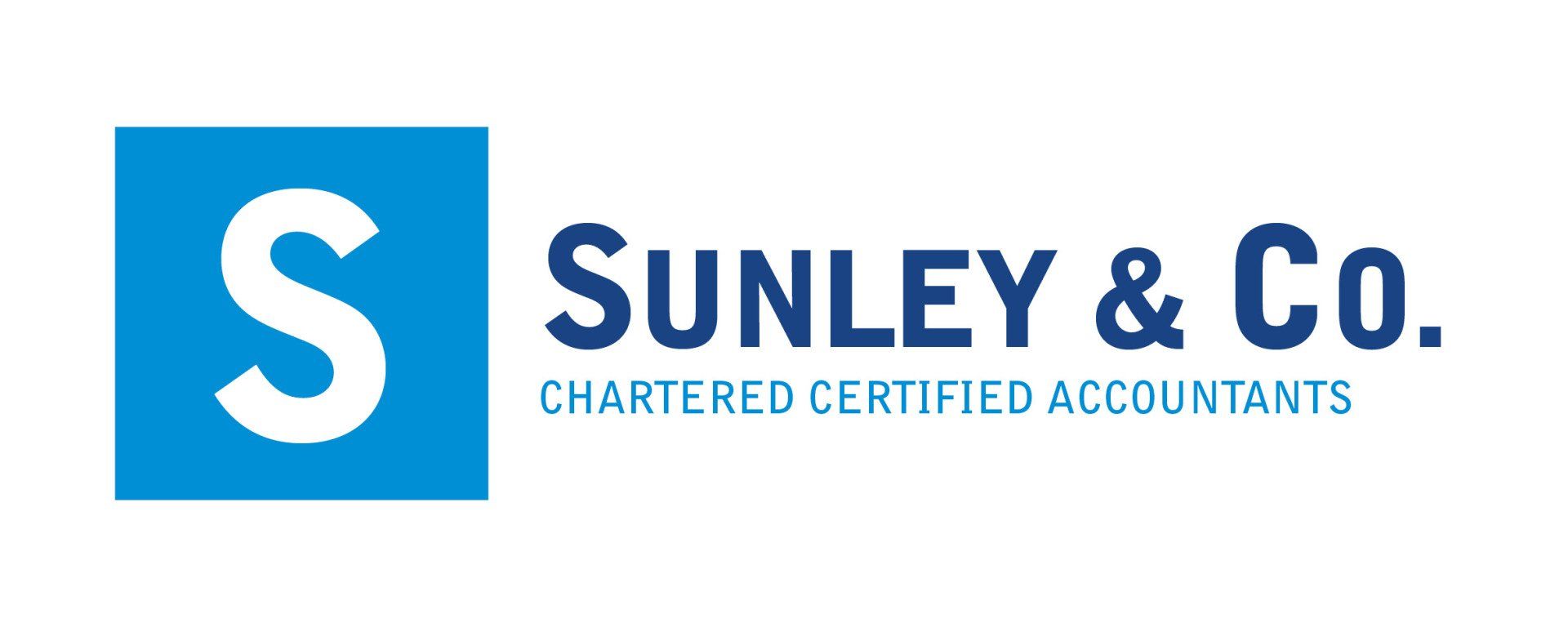Keep up to date with the latest news, articles and advice from Sunley & Co.

From tax year 2023 to 2024 onwards, the
Self-Assessment threshold for taxpayers taxed through PAYE only will change
from £100,000 to £150,000.
Affected individuals do not need to do anything now as the Self-Assessment threshold for 2022 to 2023 tax returns remains at £100,000. They will receive a Self-Assessment exit letter if they submit a 2022 to 2023 return showing income between £100,000 and £150,000 taxed through PAYE and they do not meet any of the other criteria for submitting a Self-Assessment return.
For the 2023 to 2024 tax year onward taxpayers will still need to submit a tax return if their income taxed through PAYE is below £150,000 but they meet one of the other criteria for submitting a Self-Assessment return, such as:
- receipt of any untaxed income,
- partner in a business partnership,
- liability to the High Income Child Benefit Charge, or
- self-employed individual and with gross income of over £1,000.

This is a
question many of our clients want answering! The truth is, it depends on so
many factors. The ultimate value of a business is the price a willing buyer is
prepared to pay for it. Valuing private
businesses is definitely an art and not a science!
The prevailing economic climate and state of the business’ sector can affect company valuation for better or worse, as can your reasons for selling. If you need a fast sale due to ill health, for instance, the value may be lower than if a sale was taking place under more favourable circumstances.
Valuing a business is a complex process and we, along with fellow professionals (e.g. solicitors), are available to support you throughout.
So, what are the most common methods of valuing a business?
Price to earnings ratio (P/E)
The price to earnings ratio uses multiples of profit, so may be an appropriate valuation method if you own a well-established business with a good track record of profits. ‘Price’ refers to the company’s current share price, and ‘earnings’ to the earnings per share (EPS). The P/E ratio indicates the business’ expected growth in earnings per share in the future.
Discounted cash flow
Discounted cash flow relies on estimating future cash flows for the company, and a residual business value, and may be suited to businesses with few assets.
Entry cost
Entry cost valuation involves calculating how much it would cost to build your business to the stage that it’s reached now, including start-up and recruitment costs, marketing, and the value of assets. Any savings that could have been made should then be deducted to arrive at the valuation.
Asset valuation
The asset valuation method may be suitable if your business is well established and owns high levels of tangible assets. The Net Book Value (NBV) of assets is calculated, then adjusted to take account of external factors such as depreciation and inflation.
Valuation based on industry
Some businesses are valued based on the industry in which they operate. The retail industry is one such example, where the number of outlets is an important element for consideration. Industry ‘rules of thumb’ use factors specific to an industry and can provide a more accurate calculation in some cases.
Other considerations when valuing your business
Intangible assets are a key factor when valuing a business. Intellectual property, goodwill, business reputation, and even a premium business location, can all add considerable value in the eyes of potential purchasers.
Spotlighting these intangible assets also allows you to improve their value where appropriate – for example, registering ownership of a trademark or patent, building up their reputation even further, or improving the condition of your business premises.

The UK government is giving people more time
to pay National Insurance contributions towards their State Pension.
Taxpayers now have until 5 April 2025 to fill gaps in their National Insurance record from April 2006 that may increase their State Pension - an extension of nearly 2 years.
Extending the voluntary National Insurance contributions deadline until 2025 means that people have more time to consider whether paying voluntary contributions is right for them and ensures no-one need miss out on the possibility of boosting their State Pension entitlements.
The original deadline was extended to 31 July 2023 earlier this year, and tens of thousands of people have taken the opportunity to pay voluntary contributions to HM Revenue and Customs (HMRC) since then. The revised deadline is expected to enable tens of thousands more to do the same.
See: Deadline for voluntary National Insurance contributions extended to April 2025 - GOV.UK (www.gov.uk)

The Bank of
England Monetary Policy Committee announced on 11 May 2023 that it would
increase the Bank of England base rate to 4.5% from 4.25%. HMRC interest
rates are linked to the Bank of England base rate. Because of the change in the
base rate, HMRC interest rates for late payment and repayment will
increase.
These changes will come into effect on 31st May 2023 and will be as follows:
· Late payment interest rate – 7%
· Overpayment interest rate – 3.5%
If you already have your tax money saved then it may be worth considering paying your tax early as it is rare to find a business account with this rate of interest.
Similarly if you have arrears, make sure you are accessing the cheapest finance available as ‘borrowing from HMRC’ can no longer be considered ‘cheap’ as it may have been in the past.
See: Rates and allowances: HMRC interest rates for late and early payments - GOV.UK (www.gov.uk)

As reported by HMRC, and from our own experience, there are increases in scam phone calls, emails and texts. The calls can often be quite aggressive and upsetting and certainly make you anxious.
If someone contacts you claiming to be from HMRC saying that you owe tax and face arrest, are due a tax refund, that your National Insurance number has been compromised or asking you to transfer money or give bank or other personal details, it might be a scam. Please contact us if you are not sure how to proceed but do not provide any details.
We will have been advised if there is any proposed action, we will also have told you if you are due a refund. HMRC will never contact you by phone about these matters.
The advice from HMRC is as follows:
Search GOV.UK for our 'scams checklist' and to find out how to report tax scams. You can also access the National Cyber Security Centre’s new guide on how to stay secure online and protect yourself or your business against cybercrime by searching 'Cyber Aware'.
If you have any concerns whatsoever please do call us in the first instance.

We are happy to continue with video and telephone meetings where clients are more comfortable with this.
If you would like an appointment please do contact the office and we will arrange this for you.
It goes without saying these days - please do not attend the office if you are feeling unwell or have any coronavirus symptoms.

You will soon be able to make a claim for the fourth self employed income support grant if your income is still being impacted by the ongoing pandemic. Although notification has come late in the day you should be able to make claims from April.
The criteria is slightly different this time and details are included below. If you haven't been able to claim before you may now be entitled to claim so it is definitely worth checking.
As with the previous grants it is really important that you are able to prove your business has been impacted by coronavirus and you must keep evidence of these - HMRC will be starting checks later this year (they have employed a lot more officers to help with this). A fifth grant will be available later in the year and this grant actually places a condition on how much income will have had to drop to determine what the size of your grant will be - record keeping is going to be more important than ever!
Some of the following detail may be updated over the coming weeks as HMRC finalise the legislation.
Eligibility for the fourth grant
HMRC will first look at your 2019/20 Tax Return recently submitted. You will not qualify for this grant if your 2019/20 Tax Return has not been submitted by 2nd March 2021.
For the 2019/20 year, your trading profits must be no more than £50,000 and non-trading income must not exceed your trading income. If you do not qualify based on this, then HMRC will next look at your 2016/17, 2017/18 and 2018/19 Tax Returns. Other criteria to meet are:
· You must have traded in the two years 2019/20 (and had your Tax Return submitted by 2nd March 2021), and 2020/21
· You must either:
o be currently trading but are impacted by reduced demand due to coronavirus
o have been trading but are temporarily unable to do so due to coronavirus
· You must be able to declare that:
- you intend to continue to trade
- you reasonably believe there will be a significant reduction in your trading profits due to reduced business activity, capacity, demand or inability to trade due to coronavirus
HMRC will contact you mid-April if you are eligible and will give you your personal claim date.
The above also means that those who are newly self employed in the 2019/20 tax year can now benefit from the 4th grant if you have been affected by Coronavirus between February and April 2021.
About the Grant
The grant will be calculated at 80% of 3 months’ average trading profits, focussing on the years 2019/20, 2018/19 and 2017/18. Now that 2019/20 is being taken into the calculations, this may change the amount of grant you receive and may even change your eligibility. The grant will be capped at £7,500 and will paid in one instalment. As HMRC are still processing 2019/20 Tax Returns that have recently been submitted, the claim cannot be made until late April and you will have until 31st May to do it.
Fifth Grant
There is due to be a fifth and final grant for the months of May to September that will be available to claim from late July. The eligibility on this one relates to your turnover in the year April 2020 to April 2021 and will be worth:
· 80% of 3 months’ average trading profits, capped at £7,500, for those with a turnover reduction of 30% or more
· 30% of 3 months’ average trading profits, capped at £2,850, for those with a turnover reduction of less than 30%
Further details will be provided on the fifth grant in due course.
If you make a claim, it is strongly recommended that you record how you have been impacted by Coronavirus and keep evidence along the way, in case of future investigations by HMRC.
VAT deferral new payment scheme – opt in from the end of February 2021
If businesses deferred VAT due from 20 March to 30 June 2020 and still have payments to make, they can opt into the VAT deferral new payment scheme to pay their deferred VAT over a longer period.
The payment scheme is expected to open on 23 February 2021 and close at the end of June 2021. If your client opts in, they can make up to 11 smaller monthly instalments, interest free.
Your client can opt in to the scheme online without the need to call. Go to VAT deferral for more information, your client can opt in quickly and simply online when the scheme opens. Please note that HMRC is unable to provide an agent service for this scheme.
If your client can pay their deferred VAT by 31 March 2021 they should do so.
Businesses that need more help to pay their deferred VAT should contact HMRC

This grant is to be paid at the same level as the first grant - 80% of three months average profits based upon previously submitted Tax Returns. It is however really important that claimants of this grant take the time to assess the new criteria for making the claim. Previously a business had to be able to say that it has been adversely affected by coronavirus, now you have to be able to demonstrate and evidence a reduction in income, not an increase in expenses.
HMRC have made it clear that the y will be looking carefully at 2020/21 Tax Returns and expecting to see a reduction in income from those who have made grant claims.
If you were not eligible for the first and second grants, you will not be eligible for the third.
Usual criteria for all grants:
· Must be a self employed individual or part of a partnership
· Must have traded in the tax years 2018-19 and 2019-20 (with Tax Returns submitted to HMRC by 23rd April 2020)
· Trading income must not exceed £50,000 in any one year from 2017/18 to 2019/20
· Non-trading income in total for the tax years 2017/18 to 2019/20 must not exceed your trading income in total for those years
· You must either be:
o Currently trading but are impacted by reduced demand due to Coronavirus
o Temporarily be unable to trade due to Coronavirus
· You intend to continue to trade
The additional criteria relating to this grant and replacing 'adversely affected' is:
· You must make an honest assessment and declare that you reasonably believe your business to have a significant reduction in profits
· Your business must have had a new or continuing impact from Coronavirus from 1st November 2020 to 29th January 2021
If you are eligible, the claim portal will open from 30th November 2020 and you will have until 29th January 2021 to make the declaration and claim.
Income from all three grants received in this current tax year must be included in your 2020/21 Tax Return and tax and NI be paid on them accordingly.
As the new criteria is suggesting that you forecast your profits for the next couple of months you could choose to delay your claim until nearer the claim deadline to be sure of your position. It has been made clear as mentioned above, that HMRC will expect to see a reduction in profits for the tax year to be satisfied that your claim was valid, and respective reviews will take place. HMRC have also commented that a significant increase in expenditure (such as PPE) that result in reduced profits does not count for this grant to be valid.
Currently, there is still due to be a fourth grant proposed covering the months February to April 2021 and further guidance on this will be released nearer the time.
